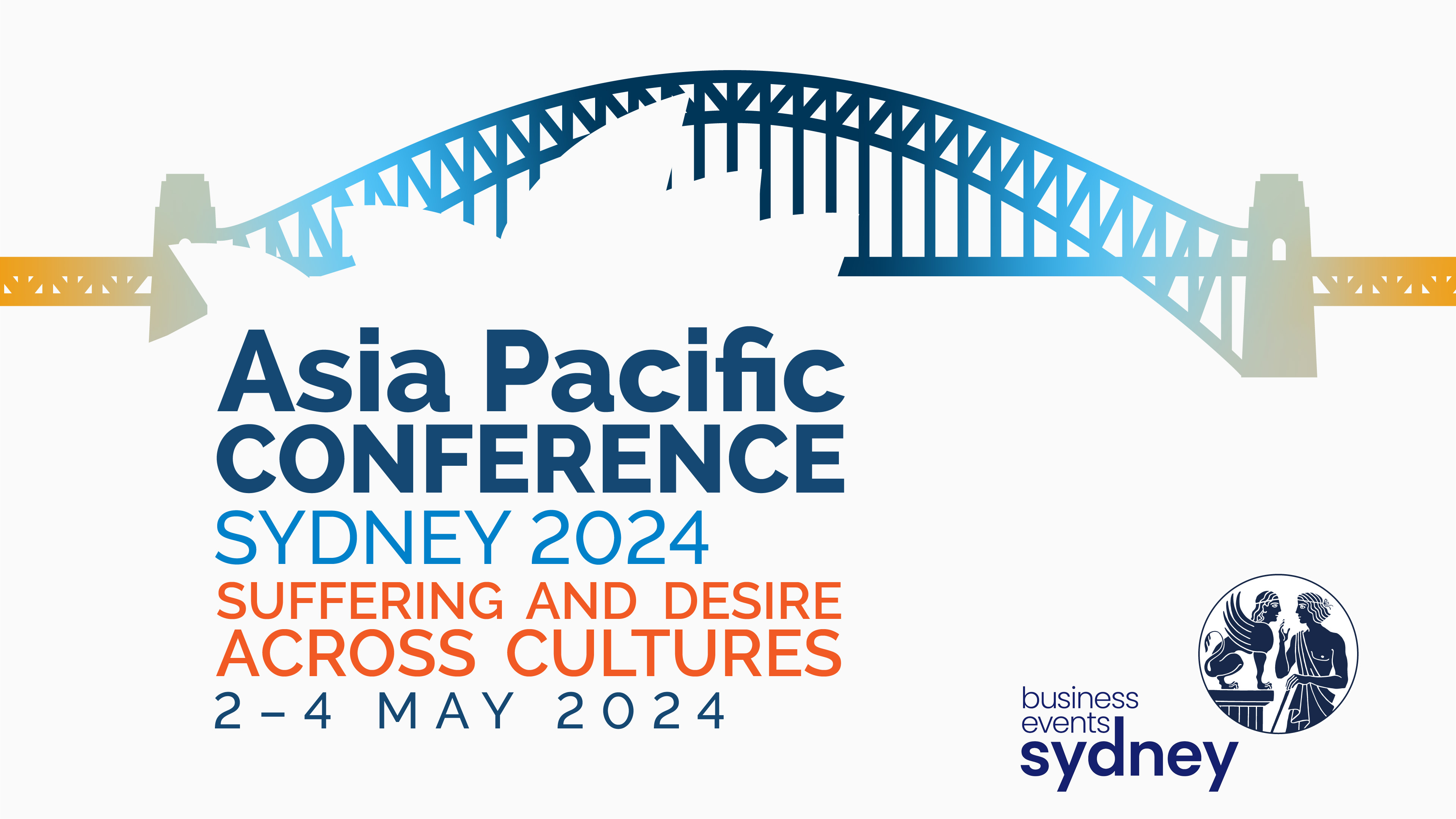
IPA Asia Pacific Conference "Suffering and Desire Across Cultures" Webinar
Date: March 29th 2024
Psychoanalysis expresses itself in different societies and cultures. Therefore, adopting a cross-cultural perspective enriches our field and helps us to incorporate the richness of cultural diversity. This webinar aims to disseminate the work to be carried out at the
4th IPA Asia-Pacific Conference "Suffering and Desire across Cultures" to be held in Sydney, Australia, in May 2024. Three keynote speakers from this event will share their reflections on the particularities and shared experiences that today bring us together as an international psychoanalytic community.
Presenters
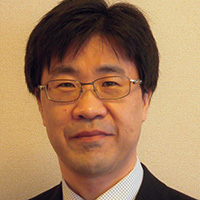 Soh Agatsuma (Japan)
Soh Agatsuma (Japan) M.D., Ph.D.
Son Agatsuma is Training and Supervising Analyst of the Japan Psychoanalytic Society (JPS). He is a Professor of Psychiatry and Clinical Psychology at Sophia University in Tokyo. He completed his analytic training at the William Alanson White Institute in New York and returned to Japan in 2009. He is now in private practice in Tokyo and near Osaka. He is a member of the Executive Committee of JPS and is the Chair of the Public Relation Committee. He is interested in comparative psychoanalysis and psychoanalytic theorizing across cultures. He is a Board Representative for the IPA North American region.
Presentation: Unconscious mind beyond the differences in language and culture.
Engaging with others carries a special potential. Such encounters are often productive, but they could also be fraught with pain. Cultural differences provide clear opportunities to observe otherness. And the differences in language lie at the root of cultural differences. Can we truly think analytically beyond the differences in language and culture? This question is of particular importance as psychoanalysis now spreads to wider areas.
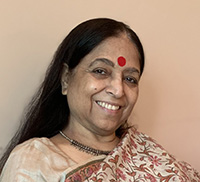 Vinita Kshetrapal (India)
Vinita Kshetrapal (India)
Vinita Kshetrapal is a Training & Supervising analyst with Indian Psychoanalytical Society. She has presented many Psychoanalytical papers in various international conferences. Passionately involved in Psychoanalysis for the last 35 years, she has been teaching, practising and supervising. She has also taught Psychology for 40 years at a prestigious Delhi University institution.
Presentation: Counterposing the Tandav of the Internal Obstructive Object in the Couple Space: Some Reflections on Innovations.
I will delve into the challenges faced by couples where one partner carries the internal obstructive object, often referred to as the willfully misunderstanding mother by Bion. This partner, in an effort to evade emotional experiences, seldom seeks therapy directly. Instead, we explore unconventional interventions, including therapy by proxy through the other partner, to address the recurrent dynamic of the obstructive internal object within the couple.
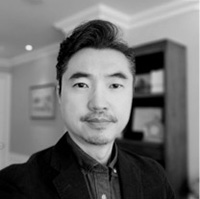 In-Soo Lee (Korea)
In-Soo Lee (Korea)
Dr. In-Soo Lee is a psychiatrist and psychoanalyst. He is a faculty and the supervising analyst at the Korean Psychoanalytic Center. His analytic training in the US sparked a profound interest in exploring the impact of Korean culture on individual psychology. According to this interest, in 2017, he has published the book “Even If No One Else Approves Me: A Journey for Finding a Free Self” with his father (Dr. Moo Suk Lee). Dr. Lee tried to find answers why some Korean people desperately hold on to others’ approval. Why they live narcissistic attachment sacrificing their separateness, autonomy, and individuality. He suggested it is deeply related to a narcissistic vulnerability that was developed in an effort to survive in narcissistic systems where submission and compliance are encouraged, unrealistic ego ideals and ambition are normal, anger should be suppressed. Cultural factors are so important to understand individual’s vulnerability and difficulty in resilience from cumulative trauma. It has been a steady-selling book read by many Korean people and was translated into Mandarin for Taiwanese in 2018. Presently, Dr. Lee practices in Seoul while serving as a clinical professor at Sungkyunkwan University.
Presentation: Confucian culture and its discontents
Korean culture, influenced significantly by Confucianism, has shaped the psyche of Koreans in several ways. On a social level, there are various tensions such as 1) societal harmony (family and community) vs. personal freedoms and autonomy 2) hierarchy vs. movements toward greater equality 3) discontent among gender roles 4) rapid modernization vs discontents among those who feel marginalized by the pace of change. On a personal level, 1) the absence of an emotionally connected father figure has led to father hunger, 2) while the strong emotional bond between mothers and sons has contributed to fear of women and repressed Oedipal conflicts. 3) The suppression of female sexuality, along with discriminatory attitudes towards women, has given rise to emotional conditions like Han and penis envy, as well as hysterical disorders. 4) From the mid-Chosun Dynasty (16th C), Confucianism's emphasis on rigid ideal roles and hierarchy, rather than mutual relationships, led to the internalization of a strict superego, prioritizing external evaluations over inner experiences. This resulted in limited opportunities for individuals to express their emotions and inner conflicts. The use of compartmentalization (dissociation) as a defense mechanism helped cope with external demands but hindered the development of an integrated sense of self. 5) Additionally, Confucian family culture hindered the natural process of individuation, with an abrupt transition to adulthood around the age of seven, leading to a longing for lost early dependent relationships. 6) Narcissistic vulnerability is deeply rooted in Confucian hierarchical culture, necessitating narcissistic attachment and defense mechanisms to maintain fantasies of omnipotence and self-sufficiency. Given these cultural influences and individual vulnerabilities, it is crucial to foster genuine dependence in psychoanalytic efforts while being cautious about falling into pseudo-intimacy that remains confined to intellectual interactions within therapeutic relationships.
Moderator:
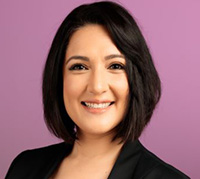 Gloria Blanco (Australia)
Gloria Blanco (Australia)
Gloria Blanco is an analyst in training with the Australian Psychoanalytical Society (APAS) and is also an IPSO Representative for the 2024 Asia-Pacific Conferences that will be held in Sydney. Gloria is registered as a Clinical Counsellor and Mental Health Practitioner in Australia with PACFA and ACA, and she is an associate member of the Queensland Psychoanalytic Psychotherapy Association (QPPA).